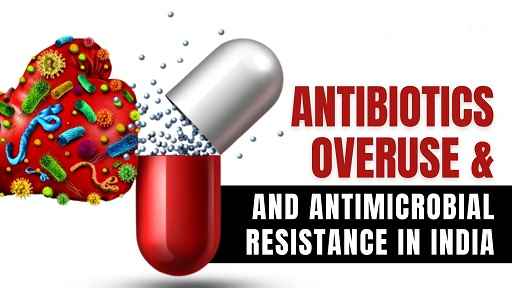Ashwini Kumar Choubey,Union minister recently launched a national programme named “National Action Plan – Viral Hepatitis” which aimed to eliminate an important public health problem ‘viral hepatitis’ across the world. Amitabh Bachchan, the goodwill ambassador for hepatitis WHO South-East Asia Region, was also present at the launching program. The NVHCP website was also get live on that day.
Amitabh Bachchan also shared his experienced with the audience when he get infected with the disease, when blood was transfused to him after the injury he had during the shooting of movie “Coolie” in 1982. He infected with the disease as one of the donor had Hepatitis B, and the virus detection process was not available then. In 2005, he came to know about this problem.
In 2015, as per WHO estimates 1.34 million people died with viral hepatitis globally. As per health ministry reports, in India, estimated 4 crores of people are suffering from Hepatitis B and 0.6-1.2 crore people are suffering from Hepatitis C.
Now, the health program is launched to eliminate that disease from its roots and our country health experts prepared an action plan. Developed action plan is based on the “National Viral Hepatitis Control Programme” that was launched by the Health Ministry in July last year under National Health Mission and provide a strategic framework.
Choubey also shared with the audience that this programme is also a part of our country’s global commitment that we affirmed at the 69th World Health Assembly towards achieving Sustainable Development Goal (SDG) 3.3. India is actively working to eliminate Hepatitis B and Hepatitis C and counted in one of the few countries to roll out management of Hepatitis B and Hepatitis C in a public health approach. Our country also offering free diagnostics and drugs lifelong to its beneficiaries.
This programme primary aim is to combat hepatitis and ending of Hepatitis C countrywide by 2030.Technical Guidelines for Diagnosis and Management of Hepatitis B are also released on launch day. Main focus is to save pregnant women from hepatitis B with focusing on screening places where institutional delivery is less than 80 pc, to ensure provision of birth dose Hepatitis B vaccination and Hepatitis B immunoglobulin, if required.
A decade ago, Hepatitis B vaccine was launched in the Universal Immunization Programme in India.
Healthcare workers and High-risk groups envisaged being added in the list of beneficiaries for this vaccine under the National Viral Hepatitis Control Programme (NVHCP), as the virtue of their occupation and behavior are more vulnerable to acquiring an infection.
This program also adopts another important strategy of propagating the use of Re-use Prevention (RUP) syringes in India.









